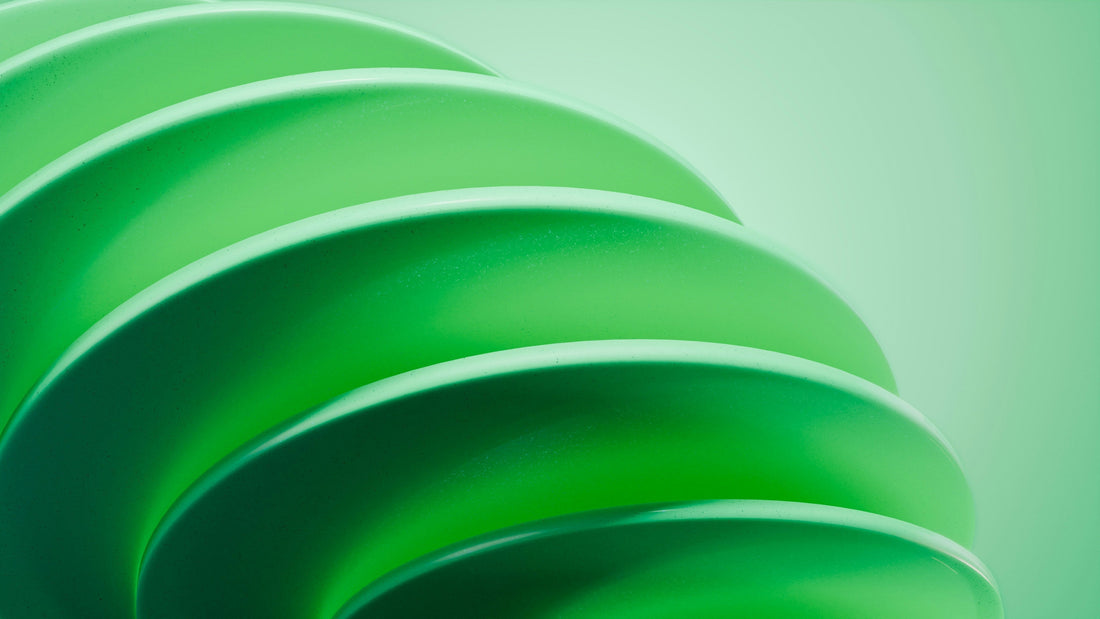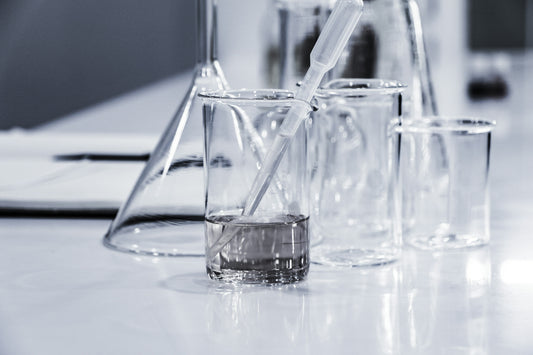
PFAS-Free Certifications: What They Mean for Your Home & Health
Share
👀 TL;DR (Too Long; Didn’t Read)
✅ 1. “PFAS-free” isn’t regulated.
There is no federal legal definition, so brands can use it freely unless local regulations apply.
✅ 2. Third-party certifications matter most.
Look for verified labels like GreenScreen Certified, Cradle to Cradle Certified, or Green Seal.
✅ 3. Compostable certifications often prohibit PFAS.
BPI and CMA compostable certifications require products to be free of intentionally added PFAS.
✅ 4. Ask for testing data.
Brands with nothing to hide will provide PFAS test results or chemical transparency reports.
✅ 5. “Free of PFOA/PTFE” ≠ PFAS-free.
Some products market themselves as free from one type of PFAS while still using others.
🔬 Dive Deeper: What Does “PFAS-Free” Actually Mean?
Why is “PFAS-free” a grey area?
Unlike terms like “USDA Organic,” PFAS-free is not federally defined or certified. Companies can claim it without standardized testing unless enforced by local laws (e.g. certain state bans on PFAS in food packaging).
What third-party certifications should you look for?
The Massachusetts PFAS-Free Buying Guide recommends these key verifiers:
🟢 GreenScreen Certified™
- Managed by Clean Production Action.
- Confirms that products avoid PFAS and other high-concern chemicals.
- Used for cookware, textiles, and food service items.
🟢 Cradle to Cradle Certified®
- Evaluates material health, including restrictions on PFAS compounds.
- Levels from Basic to Platinum, with higher levels requiring safer materials and cleaner supply chains.
🟢 Green Seal
- Certifies cleaning products, paper goods, and more, ensuring they are free from harmful chemicals like PFAS.
🟢 BPI (Biodegradable Products Institute) Certified Compostable
- For foodware and compostable items, ensures no intentionally added fluorinated chemicals.
🟢 CMA (Compost Manufacturing Alliance)
- Similar to BPI, prohibits intentionally added PFAS for certified compostable products.
🟢 Oeko-Tex® Standard 100
- Primarily for textiles, tests for hundreds of harmful substances including certain PFAS compounds.
Why do certifications matter?
Because PFAS are a massive family of chemicals (over 9,000), vague claims like “PFOA-free” only guarantee absence of that one compound, not the entire PFAS class. For example:
-
PFOA-Free or PTFE-Free:
These labels often still allow other fluorinated chemicals. PFAS-free goes beyond these limited claims. -
FDA or EPA Compliance:
U.S. regulations limit specific PFAS types in certain applications but do not ban all PFAS. Brands relying only on compliance may still use unregulated PFAS compounds.
What should you do as a consumer?
1. Look for third-party certifications mentioned above.
2. Ask brands for full chemical disclosures or independent testing results.
3. Avoid vague marketing claims like “eco-friendly nonstick” unless supported by certifications or lab tests.
4. Stay updated on state-specific bans to know which categories (e.g. cookware, food packaging) are regulated in your area.
💡 Why This Matters
With PFAS contamination found in 97% of Americans, choosing products certified to be PFAS-free helps protect your health and reduces demand for these persistent chemicals. At Verdolea, we research and share these standards so you can make safer choices confidently.
Learn more about PFAS here: What is PFAS? 5 Quick Facts You NEED to Know



